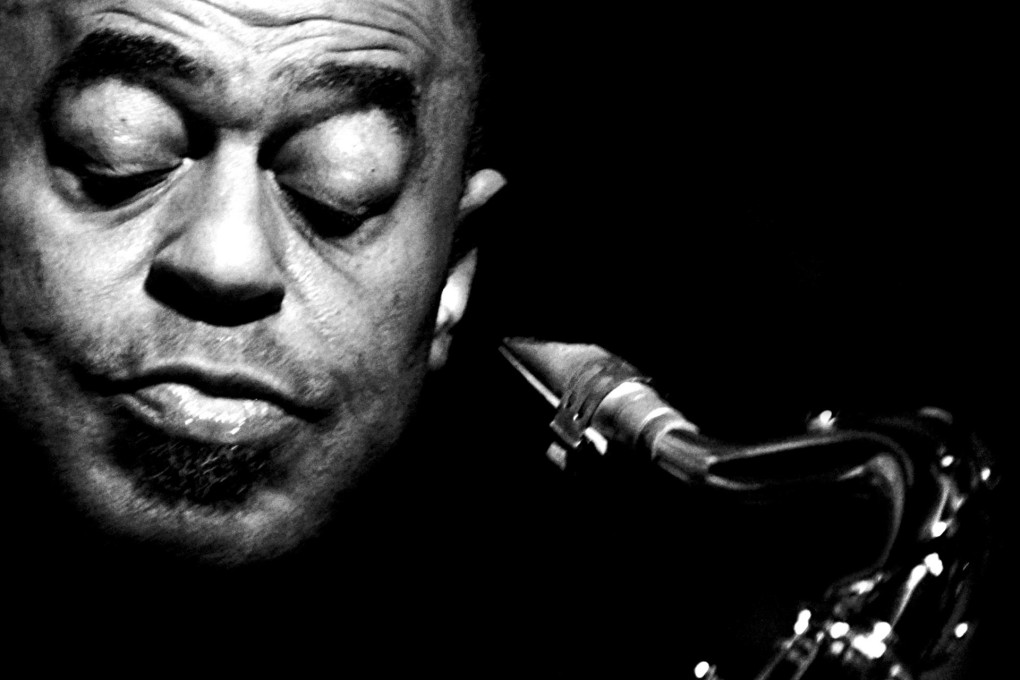Why Archie Shepp deserves a Grammy for best large jazz ensemble album

Tonight - actually tomorrow morning in Hong Kong but the evening of February 8 in Los Angeles - is a big night for the American recording industry. The 57th Annual Grammy Awards will be presented at the Staples Centre, honouring excellence in composition, performance or some other aspect of record production or packaging across 83 categories.
Jazz or blues artists and albums are represented in 14 of those, ranging from specific jazz awards to those related to roots and Americana, which acknowledges how difficult it is to file music tidily by genre these days.
There should be something to take home for Keb' Mo's BluesAmericana album, which is nominated in the categories of best American roots performance, best Americana album and best-engineered non-classical album.
The Chick Corea Trio's Trilogy has a couple of nominations - for best jazz instrumental album, and for Corea himself for best improvised jazz solo, for Fingerprints. The pianist has won 20 Grammy awards since 1976.
Other contenders in those two categories include Kenny Barron, Fred Hersch, Joe Lovano and Brad Mehldau for solos; and Brian Blade, Hersch, Jason Moran and a collective of Bobby Hutcherson, David Sanborn, Joey DeFrancesco, and Billy Hart for albums.
However, the category I'll be paying closest attention to is the award for best large jazz ensemble album, which this year is between: the Clayton-Hamilton Jazz Orchestra for The LA Treasures Project; Gordon Goodwin's Big Phat Band for Life In The Bubble; Rufus Reid for Quiet Pride : The Elizabeth Catlett Project; The Vanguard Jazz Orchestra for Over Time: Music of Bob Brookmeyer; and The Archie Shepp Attica Blues Orchestra for Live: I Hear The Sound.
On the one hand, it would be nice to see the award go to Over Time - a tribute to the late Brookmeyer, which I like very much. He was nominated for a Grammy eight times, but never won, and a posthumous award would be just. On the other hand, composer and saxophonist Shepp is still alive and would be able to pick his award up in person - plus I Hear The Sound is a worthy contender.